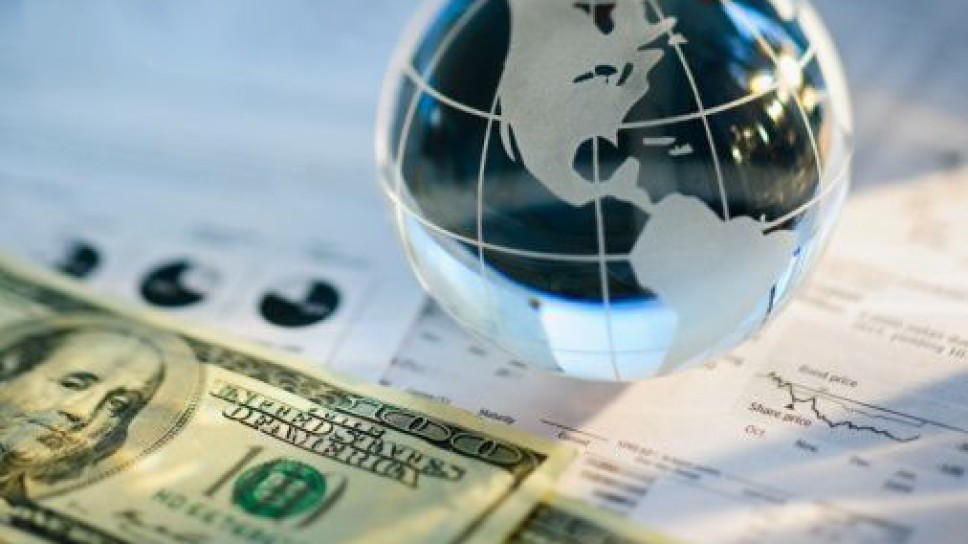
10 Aug The social economy as a key to economic recovery
The social economy or solidarity economy is characterized by the need to manage and organize various economic resources towards social and equitable benefits. Contrary to what has been defined by classical economics and the more capitalist view of the pursuit of economic profit, the social economy assumes that the main purpose of economic activities must be the distribution and consumption of goods and services available on the market in a cooperative manner.
Something that the Covid-19 pandemic has shown is that the economies that are more advanced in the use of knowledge in the fabric of their production have been more resilient and better able to deal with its consequences. These economies are also the ones with the most advanced welfare development. This is why the recovery must also include changing economic models. The challenge is not only to recover the growth and GDP of the nation, but it is also necessary to use more than knowledge and place values in the economy.
For this reason, the European Commission has wanted to strengthen the social economy, including companies and organizations that focus their attention on those that serve their interests. But they also do it for the common good, which caused it to be called the economy with a human face. Therefore, thanks to the flexibility of this economic model, greater social and territorial cohesion has been achieved, since they give more importance to the needs of people than to capital.
A few years ago, sustainable financial consulting firm Dave Grace Associates submitted a report to the United Nations Secretariat showing that most countries with the highest rates of social progress largely correspond to those where collaborative enterprises are most socially and economically important in their nations. For this reason, the European Union Action Plan was very well received, as it has been proven that the social economy can be of great help for economic recovery at the global level.
Likewise, at the last International Congress of CIRIEC, the Nobel Prize in Economics, Paul Krugman, emphasized that social inequality, which has been exacerbated by the last two crises and the ongoing environmental degradation, accompanied by the poverty of natural resources, are the main problems facing humanity. It is therefore confirmed that the social economy is key to achieving a restructuring of the growth and development of countries.
Finally, the social economy has shown that close cooperation to meet social needs, often in collaboration with public institutions, promotes the creation of collective intelligence. Consequently, it should be remembered that the social economy is not just another part of the economy, but the result of the organization of economic activity in a different way, which is focused on enhancing social value.
Conclusion
Both companies and governments should not only focus on making profits or economic gains, but also pay more attention to the value of human capital. It must be taken into account that it is the people who drive the economy, so it is essential to recognize that in the current period of socio-economic crisis, the social economy is being able to offer innovative solutions in favor of social cohesion and inclusion, job creation, entrepreneurship and the promotion of active citizenship.
References
Economipedia. (2018). Economía social. Extracted from https://economipedia.com/definiciones/economia-social.html [Consulted: August 8, 2022]
El Economista. (2022). La economía social como impulsora de la recuperación económica. Extracted from https://www.eleconomista.com.mx/economia/La-economia-social-como-impulsora-de-la-recuperacion-economica-20220727-0043.html [Consulted: August 8, 2022]
